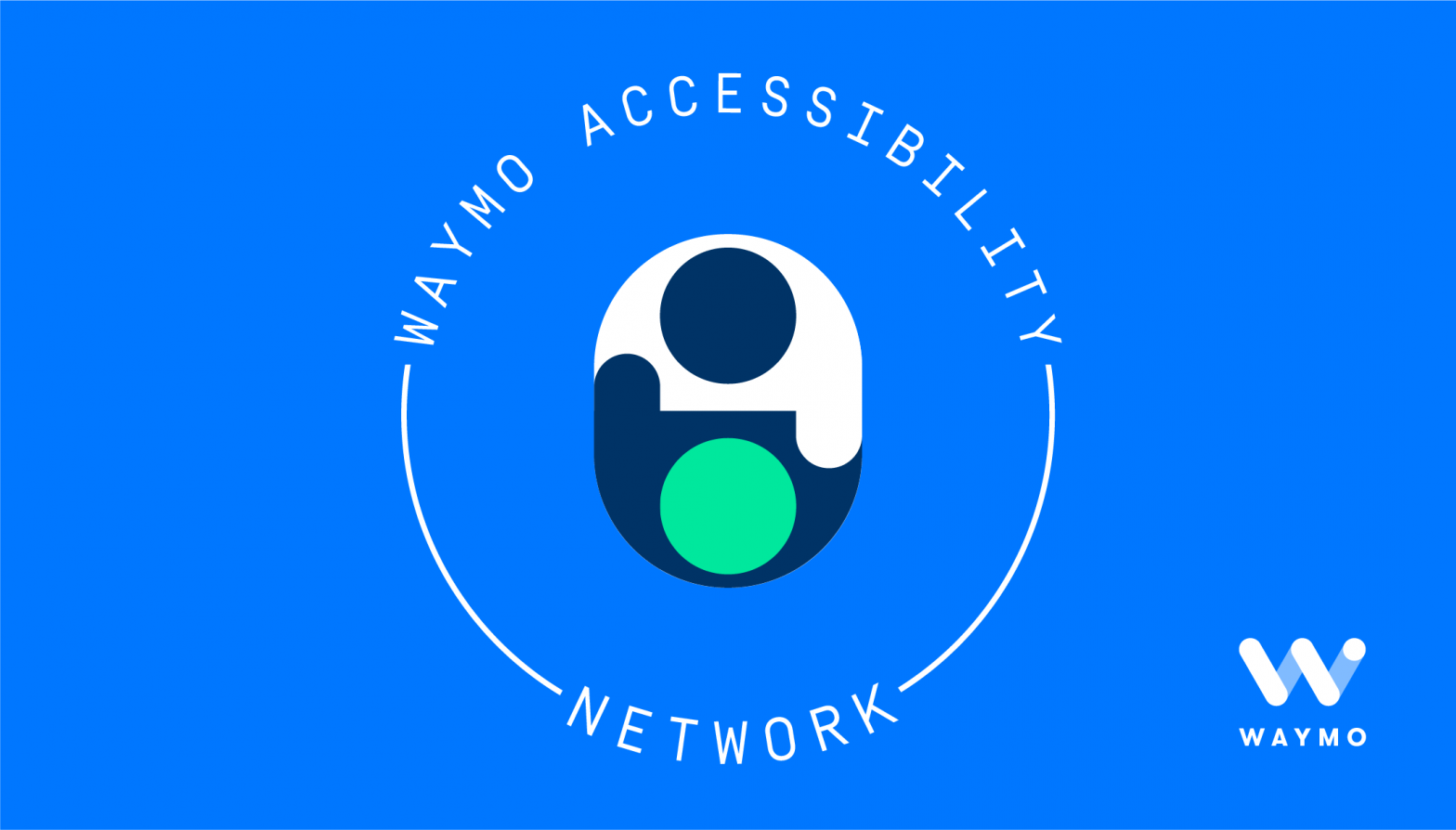Since our founding, Waymo has partnered with and listened to advocates for people with disabilities. As we continually improve our technology, we will strive to put individual passengers – with their diverse needs and experiences – at the center of our product to co-create the Waymo One ride-hailing service together.
Today, we’re launching the Waymo Accessibility Network to formalize and scale our longstanding collaboration with disability advocates. This will expand inclusion of their crucial voices and valuable perspectives as we work together to shape the future of transportation.
The Waymo Accessibility Network brings together disability advocates who share in the mission of improving access, mobility and safety in our communities. Through the network, Waymo will partner directly with organizations that support people of all ages with physical, visual, cognitive and sensory disabilities. Members include both national advocates and community-based nonprofits serving the cities where Waymo One operates.
“Establishing the Waymo Accessibility Network is our latest step in ensuring our transformational rollout of autonomous technology is inclusive and equitable,” said Chris Ludwick, Waymo Product Management Director. “Consistent, two-way communication with the disability community will help Waymo research, design and deploy accessible solutions for all of our riders.”
We are excited to announce that the 13 inaugural members of the Waymo Accessibility Network include the national nonprofits American Association of People with Disabilities (AAPD), National Federation of the Blind, United Spinal Association, National Multiple Sclerosis Society, Epilepsy Foundation of America, Blinded Veterans Association, United Cerebral Palsy and the American Council of the Blind; San Francisco-based LightHouse for the Blind and Visually Impaired, Independent Living Resource Center of San Francisco and Self-Help for the Elderly; and Arizona-based Foundation for Blind Children and Foundation for Senior Living.
“Involving the disability community from the ground floor in technological advancements is the key to being a true champion of inclusion for today’s leading innovators,” said Vincenzo Piscopo, President & CEO, United Spinal Association. “The arrival of fully autonomous vehicles is especially eagerly awaited by the disability community—and we have been striving to make our voices heard in the development of this landmark technology. The Waymo Accessibility Network will elevate the dialogue that Waymo has consistently maintained with our community, and sets an example for their peers in the AV space to follow.”
The Waymo Accessibility Network will work directly with member organizations to conduct user research, product testing and more. This invaluable feedback will help us build upon Waymo’s current accessible design features, like audio cues, screen readers, rider support chats, educational tips and more.
“Forming this network deepens our established relationships with these key accessibility stakeholders,” said Heather Aijian, Waymo Public Affairs Manager. “Only by continuing to listen to and learn from the foremost disability advocates can we move forward together to make mobility more accessible.”
“We have provided our expertise and lived experience to our partners toward the design and development of accessible autonomous vehicle technology for more than ten years,” said Mark Riccobono, President of the National Federation of the Blind. “Extending our partnership through becoming a member of the Waymo Accessibility Network holds the promise of a truly accessible driverless experience leading to freedom-enhancing transportation options that increase employment opportunities and improve the quality of life for blind people and people with other disabilities.”
This year, Waymo was honored to be recognized as a national semifinalist in the US Department of Transportation’s Inclusive Design Challenge, a formal invitational meant to further creative product thinking around inclusive mobility. As part of the challenge, Waymo partnered with many groups affected by lack of mobility options, including some of our long standing partners in our Let’s Talk Autonomous Driving public education initiative. Our partners provided feedback and insights that shaped our submission, and we’re proud of the features that we designed and integrated into our Waymo One service as a result of the challenge.
At Waymo, we have always believed that an inclusive design process makes the end product better for everyone, and we know we’re building a journey, not just a technology. To refine the details of touchpoints along the journey, collaboration with people with disabilities has been and will continue to be indispensable.
Waymo believes in the disability community’s mantra “nothing about us without us” as we leverage technology to bring new transportation options to the marketplace. We look forward to continuing this work and welcoming additional organizations as we grow and scale the Waymo Accessibility Network.

